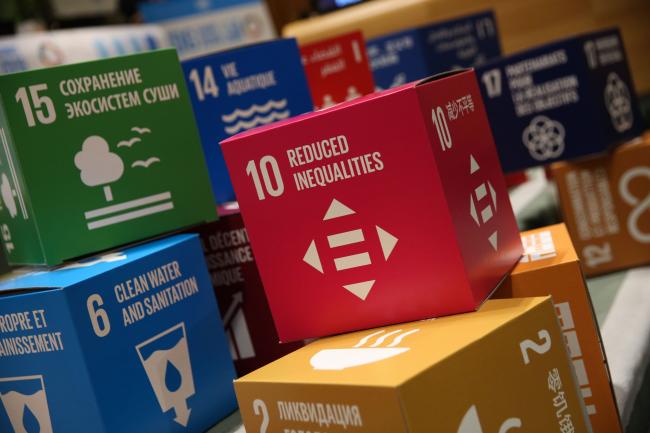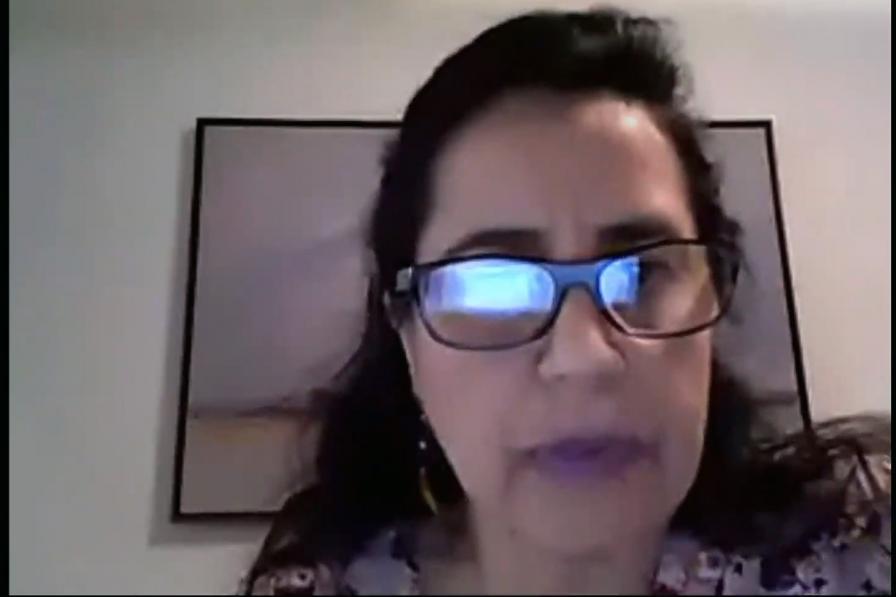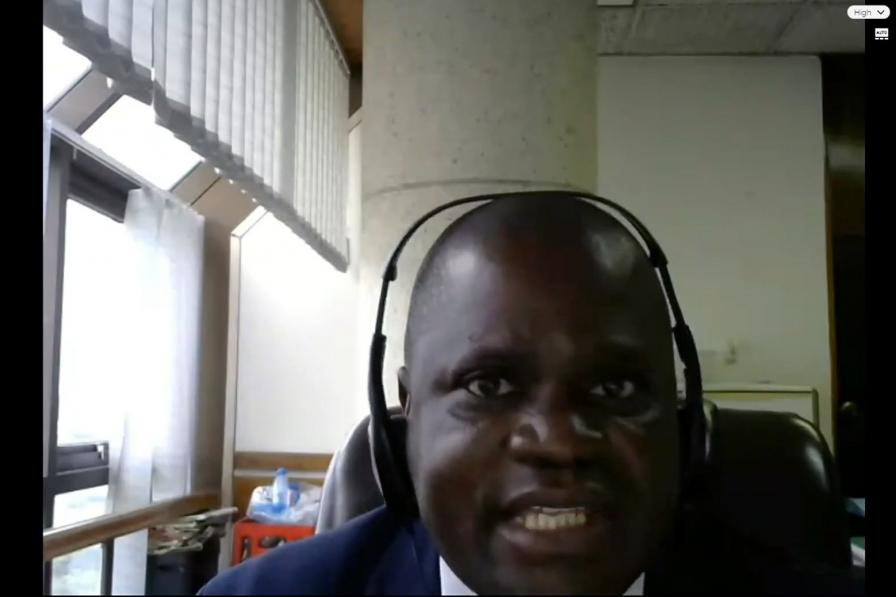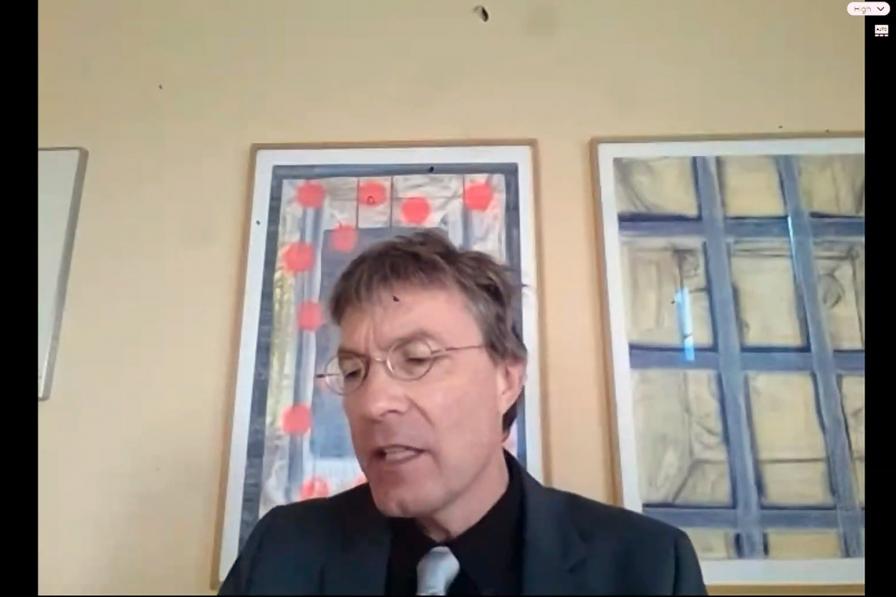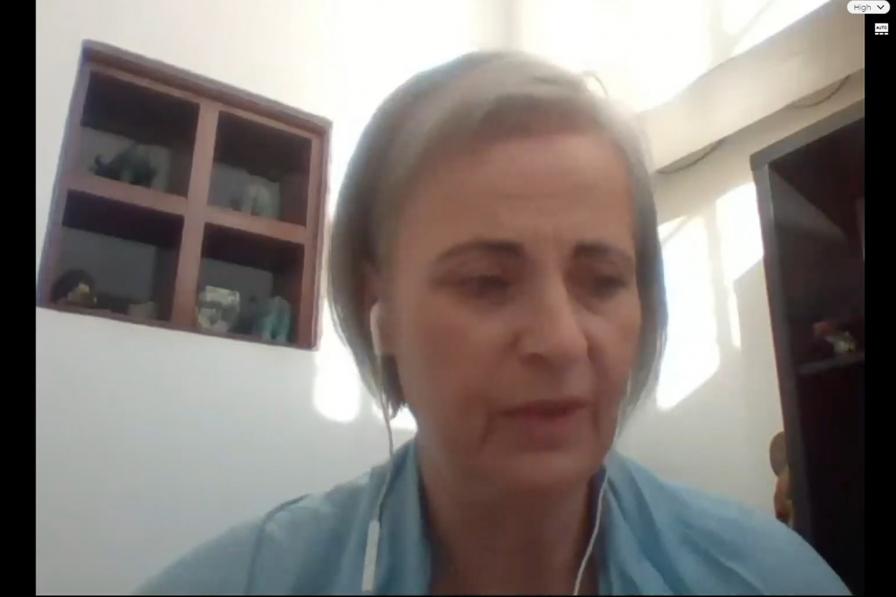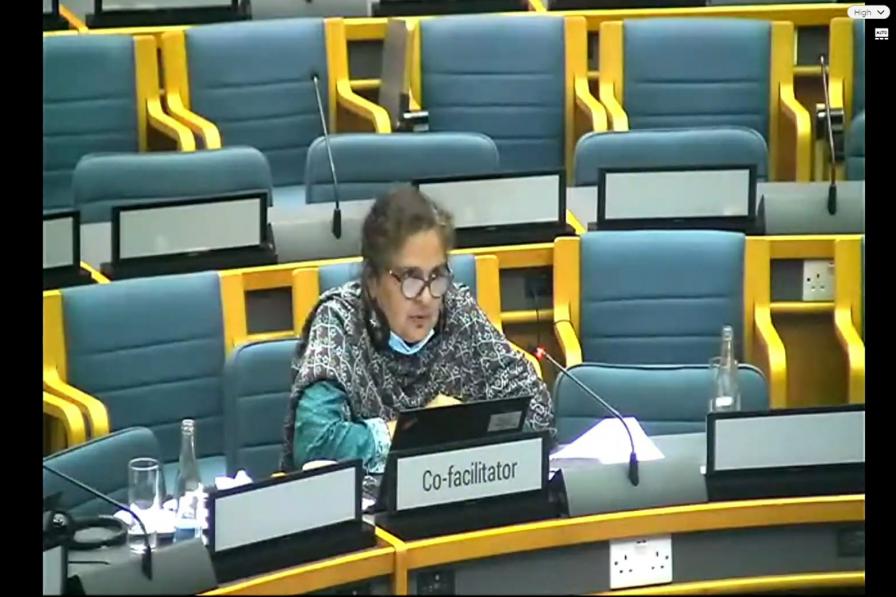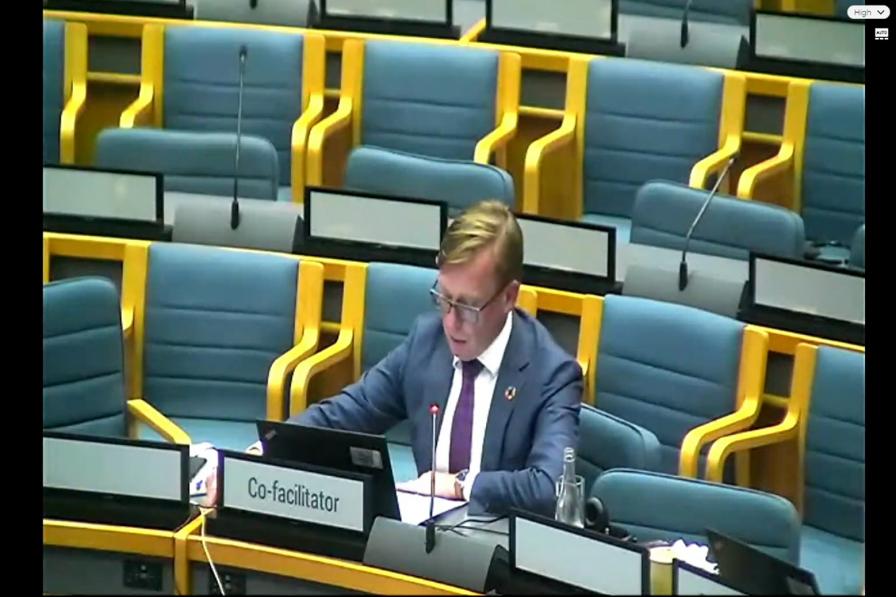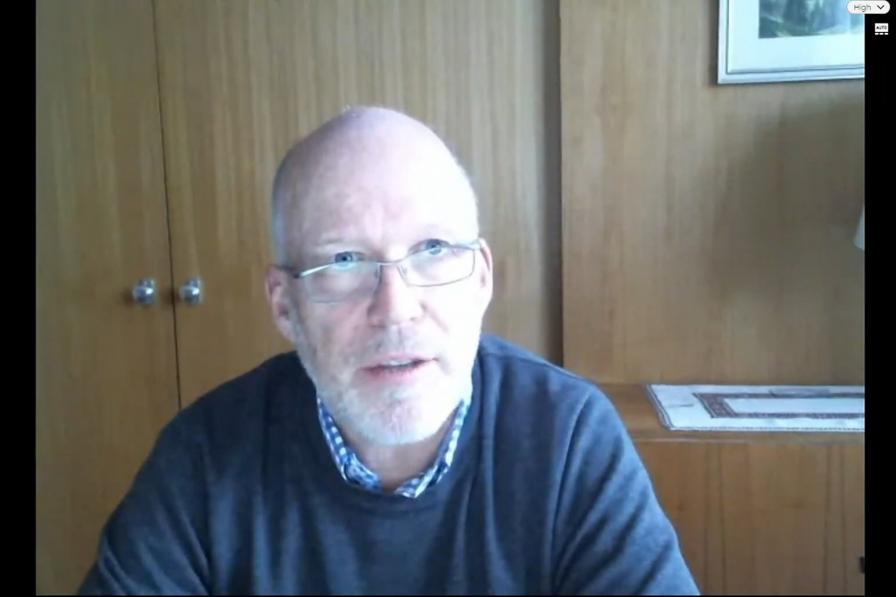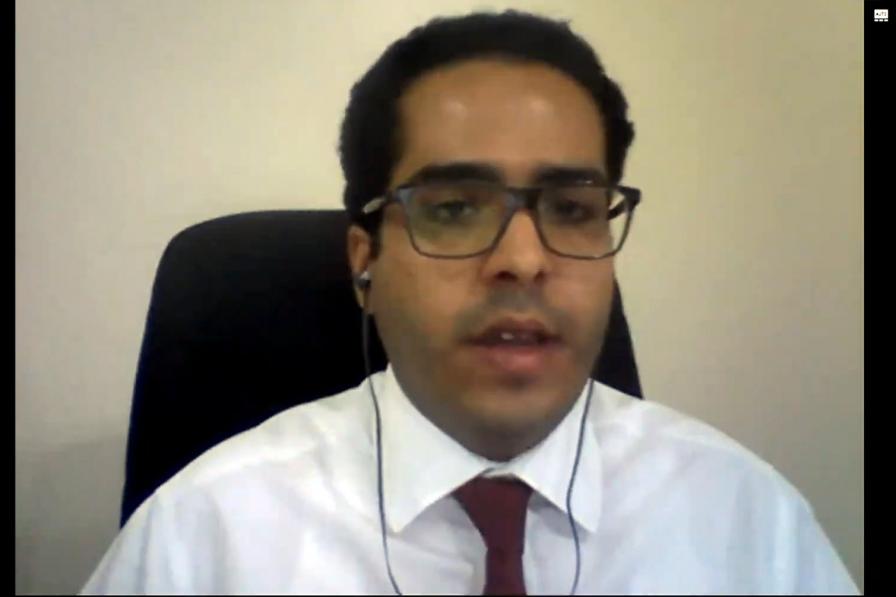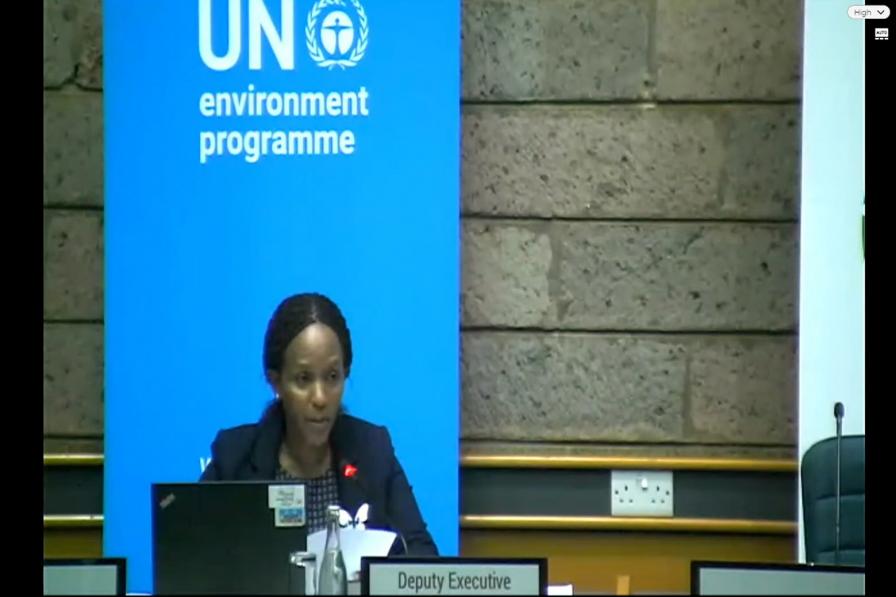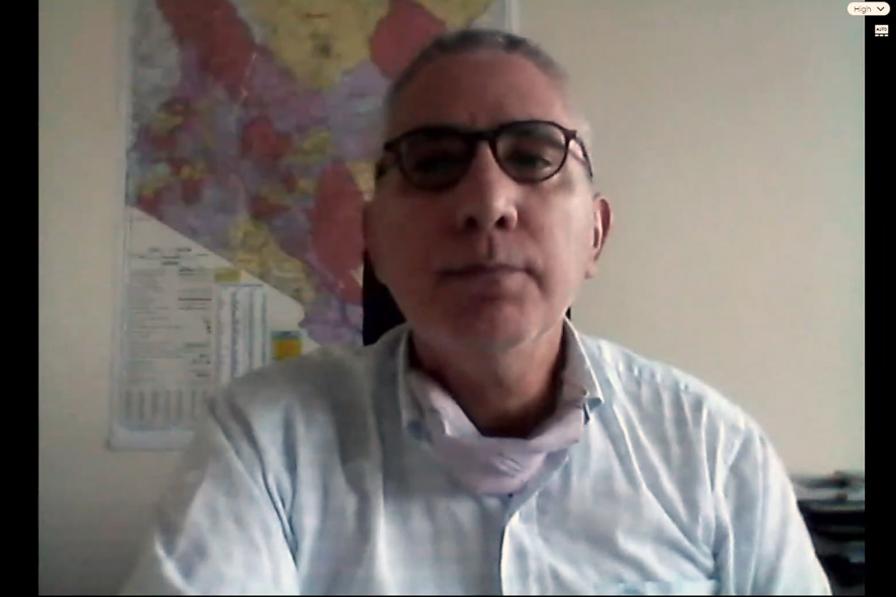The online session of the fifth meeting of the Open-Ended Committee of Permanent Representatives (OECPR 5) continued on Tuesday with resumed informal discussions on draft decisions, submitted to plenary for final consideration.
OECPR Chair Fernando Coimbra (Brazil) facilitated interventions on professional staff representation within the UN Environment Programme (UNEP). Discussions focused on how to adequately communicate the provisions for geographical balance and gender equality and parity. Members and the Secretariat sought to synchronize text with the UN Charter Principle on fair and equitable representation, whilst ensuring that the text also serves the interests of Member States and the intended work of UNEP in the biennium.
Informal discussions continued on terminology with some Member States reiterating their concern about the use of terms not previously agreed on an intergovernmental basis.
Upon concluding the informal discussion and opening plenary, Chair Coimbra invited Member States and Major Groups and stakeholders to deliver general statements. Due to technical difficulties these statements were not delivered on the first day of OECPR.
The second day of the OECPR also concentrated on the political declaration that UN Environment Assembly (UNEA) was mandated to prepare at its fifth session, according to UN General Assembly resolution 73/333. The OECPR’s vision for the political declaration included a commitment to strengthen international environmental law, and a reconciliation of the crowded landscape of multilateral environmental agreements so that diverse mandates and provisions are complementary and effective in moving the needle on the 2030 Agenda and a healthier planet. Different approaches were tabled on the way forward, but consensus could not be reached. Some delegates expressed concern that it is too early to prescribe where the political declaration should be adopted, given the preparations for the Stockholm +50 are in the early stages, and the General Assembly is expected to take additional decisions on this.
As the hours of what was intended to be the final day of the OECPR carried on across time zones and homes of participants, screen fatigue set in. Despite persistent technical challenges and the difficulty of convening informal bilateral to make progress on tricky issues, Member States reached consensus on two draft decisions. Members agreed to forward the decisions on the medium-term strategy for 2022-2025 and programme of work and budget for the biennium 2022-2023; and the management of trust funds and earmarked contributions, to UNEA-5 for adoption.
With no respite in work on the draft decisions, Chair Coimbra cautioned Member States that the meeting needed to be adjourned for the day before “the lights turn off” at UNEP headquarters. Members conceded an additional day would be required for the OECPR, and agreed to resume discussions for an additional day on Wednesday, 16 February.
ENB coverage will continue.
